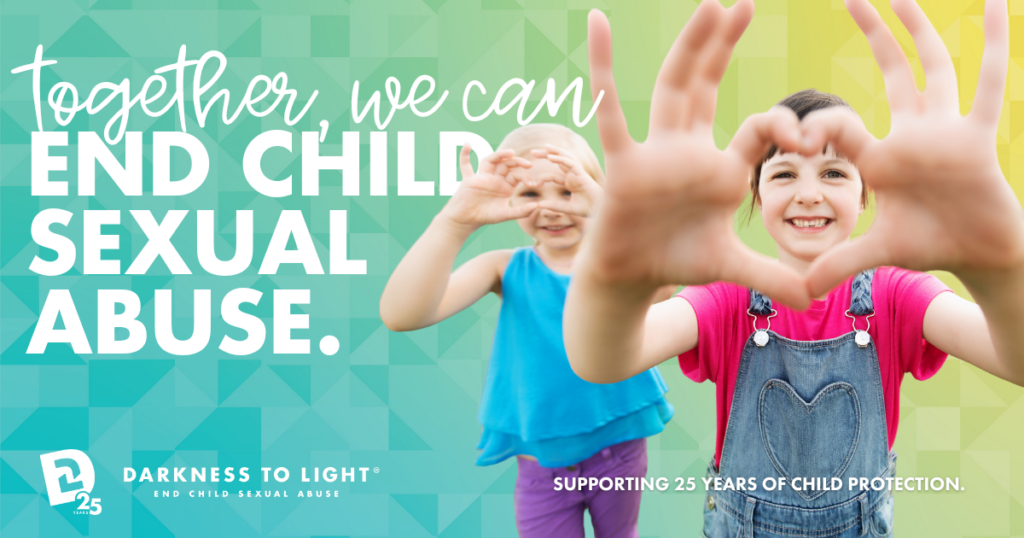Why Prevention
The Importance of Preventing Child Sexual Abuse
Child sexual abuse is a pervasive issue that affects millions of children worldwide. Experts estimate that 1 in 10 children are sexually abused before their 18th birthday (Downing et al., 2020; Department of Health and Human Services, 2020). At its core, the prevention of child sexual abuse is about safeguarding innocence, the well-being, and the future of our youngest and most vulnerable members of society. Below are key reasons why it is crucial to prioritize the prevention of child sexual abuse.

Protecting Innocence and Trust
Children should grow up in environments where they feel safe, loved, and protected. Child sexual abuse shatters their innocence and violates their trust in adults. Preventing abuse helps ensure that children can experience childhood without fear or trauma, allowing them to develop healthy relationships and trust in others.
Long-term Psychological Impact
The psychological scars of child sexual abuse can last a lifetime. Victims often suffer from depression, anxiety, post-traumatic stress disorder (PTSD), and other mental health issues (Afifi et al., 2014; Hailes et al., 2019; Saywitz et al., 2000). By preventing abuse, we reduce the likelihood of these long-term psychological effects, enabling children to lead healthier and more fulfilling lives.
Breaking the Cycle of Abuse
Statistics show that individuals who experience abuse as children are more likely to become victims or perpetrators of abuse in adulthood. In fact, children with parents who’ve experienced child maltreatment are almost three times more likely to experience it themselves (Assink et al., 2018). Preventing child sexual abuse helps break this vicious cycle, reducing the overall incidence of abuse in future generations and fostering a safer, more compassionate society.
Physical Health Consequences
The physical impact of child sexual abuse can be severe, including injuries, sexually transmitted infections, and other health complications (Sigurdardottir & Halldorsdottir, 2018). Prevention efforts reduce these physical health risks, ensuring children grow up with their physical well-being intact.
Educational and Economic Impact
Children who are victims of sexual abuse often struggle in school, leading to lower academic performance and higher dropout rates (Mitchell, J. M., Becker-Blease, K. A., & Soicher, R. N., 2021; MacIntosh, H. B., & Ménard, A. D.; 2021). This can limit their future opportunities and economic potential. By preventing abuse, we help children stay on track academically, increasing their chances of achieving their educational and career goals.
Legal and Social Implications
Child sexual abuse cases place a significant burden on the legal and social service systems. Prevention reduces the need for these services, freeing up resources that can be used to support other critical areas of community well-being.
Moral Responsibility
As a society, we have a moral and ethical duty to protect our children. Preventing child sexual abuse is not just a legal obligation but a moral imperative. It reflects our commitment to the fundamental rights of children to grow up free from harm and exploitation.
Building a Safer Community
A community that prioritizes the prevention of child sexual abuse is a safer, healthier, and more supportive environment for all its members. By raising awareness, educating the public, and implementing effective prevention strategies, we can create a culture where every child can thrive without fear of abuse.
Preventing child sexual abuse is essential for the well-being of children, the health of our communities, and the future of our society. It requires a collective effort from individuals, families, communities, and institutions. By working together, we can ensure that every child can grow up in a safe, supportive, and nurturing environment, free from the threat of sexual abuse. Let’s act now to protect our children and build a better, safer future for all. Join us in our mission to prevent child sexual abuse.


